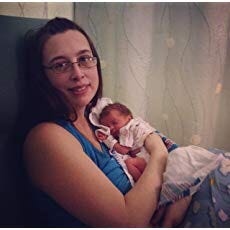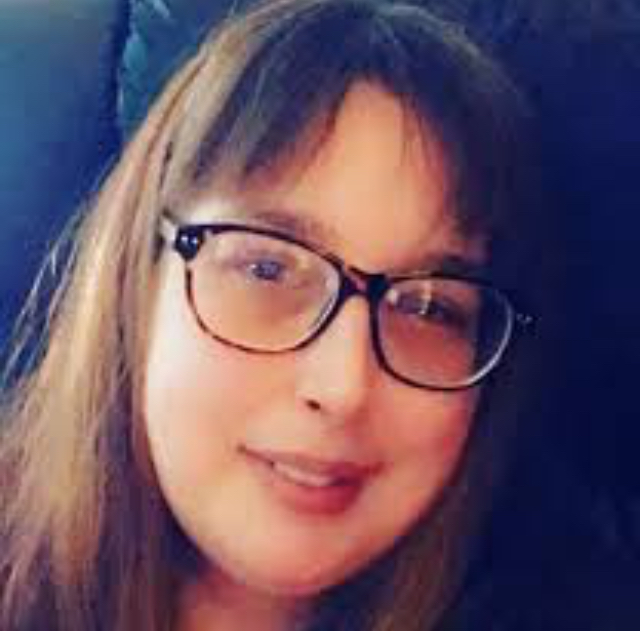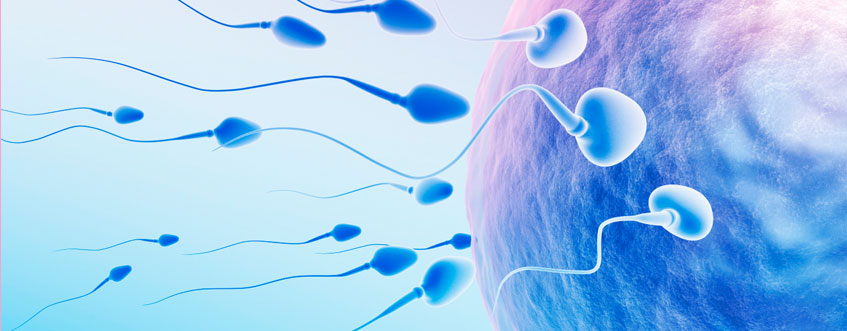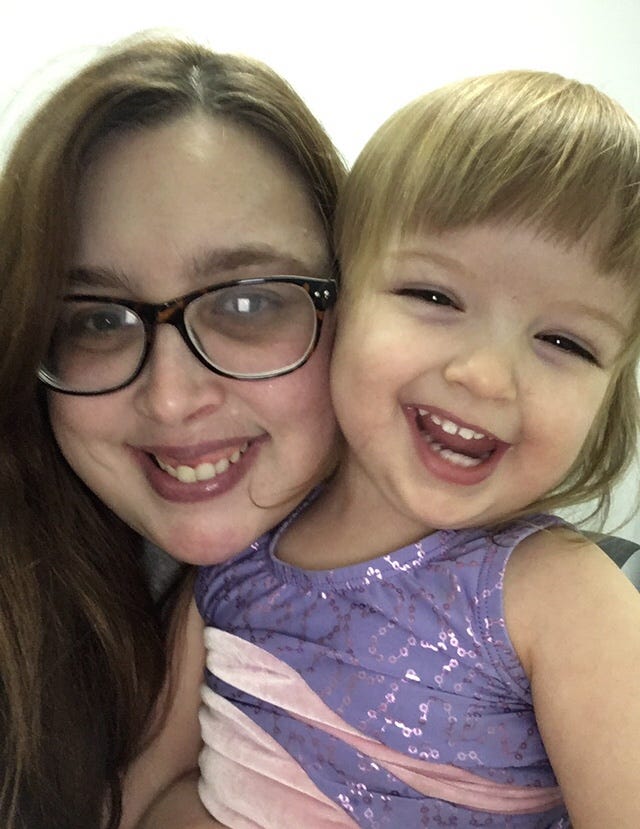
How fear stopped me from sharing
Other than posting in Facebook support groups and talking to a few family members, I did not readily “come out” about my choice to do IVF. I had been open publicly about having secondary infertility since my daughter died of SIDS in 2003. But I didn’t publicly discuss all of the treatments I had undergone during the intervening years.
However, four years ago someone asked me to talk about my infertility journey on her podcast. Specifically, she was interested in what steps I was taking at the time in trying to conceive.
Her request was actually quite timely, because I had just done a frozen embryo transfer the week before. But to share this information in a public forum meant taking a risk and overcoming a number of fears in the process.
Why was I “afraid” of talking about my IVF experiences? Oh, let me count three ways.
I Did Not Want To Worry Anyone
First of all, I was afraid of disappointing or alarming people who care about me. Going through infertility treatment is difficult and most people are aware that IVF is a challenging form of assisted reproduction. On top of this, I have bipolar disorder, which only amplifies my loved ones’ concerns.
Because of this disorder, I know my loved ones have concerns about any infertility treatments interfering with my psychotropic medications. In the past, Clomid –which jumpstarts and amplifies ovulation — did impact me negatively. At best it made me an emotional wreck; at worst it triggered a full-blown psychotic break which sent me to the hospital.
Fortunately, the hormones given during IVF bypass the brain to affect the reproductive organs directly, leading to very few emotional side effects for me. However, I know this information did not stop people from worrying. I appreciated this concern, but worrying about other people’s feelings while also going through IVF is difficult at best.
It turned out that many of my loved one’s concerns were to be unfounded and I survived physically and mentally intact despite doing IVF more than once.
I Vowed I’d Never Do IVF
I was also afraid to share my IVF experiences because I vowed a few years before that it was one type of infertility treatment I would never do. I was afraid because it meant having to do a lot of explaining about a subject that is emotionally difficult to talk about with others.
Doing IVF was actually a decision we considered when I was 35 (I started at 39), but chose not to because of my husband’s ethical concerns due to his Catholic background. I appreciated his way of thinking and, even though I could see it from a different perspective, agreed we shouldn’t “play God” at that time with IVF. Especially since we had not exhausted all other treatments.
As the clock ticked on, however, my husband’s judgment softened. Especially when we were told by a specialist that my chances of conceiving without IVF was less than 1%. This was because adhesions had reformed after a surgery to remove endometriosis and old scarring from an ectopic surgery.
So, at 39 years old, I decided to go back to the doctors at the IVF clinic we had consulted with four years earlier. They outlined a treatment plan and I was all set to have my first cycle start at the beginning of August of 2014.
Unfortunately, my hypothyroidism turned out not to be under control and we had to wait until it was before we could move forward. This took until December. They retrieved 10 eggs, all of which fertilized; we decided to implant two embryos and five survived long enough to be frozen.
One of those two embryos implanted but I would soon after have a miscarriage. So we decided to try again in May 2018 with another two embryos that had been frozen.
I Didn’t Want To Open Up About Another Loss
This is another reason why I was afraid to tell people about my IVF experiences: I had gotten pregnant during that first IVF cycle, but it ended in a really early miscarriage that is common in assisted reproduction. This was another loss after the ectopic pregnancy and my daughter’s death from SIDS years before. Not to mention the chronic feeling of loss month after month when I got my period despite our various attempts.
I didn’t want to have to tell people about one more loss. I didn’t want to hear anyone wonder why I was putting myself through this grief. Or why I couldn’t just be happy with the life I had and avoid this kind of pain.
After this miscarriage, I decided to move forward with a frozen embryo transfer. My husband and I were not going to tell anyone about it.
At this second embryo transfer, we were told that the two embryos (see ultrasound picture above) we were defrosting were beautiful, already hatching and ready to implant. This time, the transfer went much more easily than with the first, with Valium and experience helping me through it. But I was still afraid to let anyone other than my husband, who held my hand through it, know about this IVF experience.
I then braced myself for the dreaded two-week wait. My husband accidentally told my mother and so I did open up about the transfer to a few family members. But I was still wary of sharing too much with too many people.
Eventually I decided to open up a little bit about my IVF experiences publicly despite my fears.
I knew being open about my infertility helped and inspired a number of people. I believed my sharing a bit about my IVF experiences might also do the same.
Luckily, my IVF journey ended in success — I had a healthy baby girl in December 2015. But most people in my life weren’t (and aren’t) aware that she’s the result of a frozen embryo transfer. In most ways it doesn’t really matter how she got here. But to many people who are contemplating IVF or need some encouragement during a cycle, my speaking out about my IVF experiences might be helpful.
Despite all the reasons I didn’t talk about IVF while going through it, I’m glad to share my experience with others now.
________
Melissa Miles McCarter struggled with secondary infertility since the death of her daughter to SIDS in 2003. She was successful through infertility treatments to have her daughter Willa Kate in 2015. As a way to cope with her losses, she edited the book, Joy, Interrupted: An Anthology on Motherhood and Loss, which also features art and writing on topics such as stillbirth, miscarriage and adoption. In addition, she’s written about feminism, motherhood, popular culture, mental illness and grief for various publications and in a number of books. Melissa lives in rural Southeast Missouri with her husband, step-son and daughter. You can find out more at melissamilesmccarter.com




